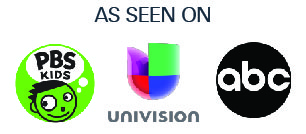Attention deficit/hyperactivity disorder, or ADHD, is a problem that affects learning in school-age children and inhibits their ability to pay attention. It can create many problems, including speech and language deficits, which can affect the child’s quality of life. Symptoms of the condition include difficulty concentrating, problems learning new information, inability to sit still, and difficulty thinking before acting. A neurologist or developmental pediatrician can usually diagnose the condition, although they will likely seek input from the family and/or educators before making an official diagnosis. The doctor might also seek input from a speech-language pathologists, teacher, and psychologists before an official diagnosis is made.
Speech and language disorders are often present with ADHD, so early treatment can help the child learn to compensate and communicate more effectively. Common treatments include organizational skills, expressive language goals, helping the child learn to communicate better in the classroom settings, auditory comprehension strategies, just to name a few. A child with ADHD can have trouble with social communication skills, pragmatics, the use of vocabulary, pronunciation or articulation, and phonological awareness, all of which can be treated with the help of a speech-language pathologist.
Treating ADHD in children involves the cooperative efforts of everyone in the child’s life. From physicians to parents to therapists to educators, they must all work together to ensure the child is responding appropriately to treatment and is progressing as planned. Finding ways to help your child cope with this disorder is crucial to their ability to learn and communicate effectively. Speech and language disorders as a result of ADHD can create many social and educational challenges for the child, so it’s important to seek the help and guidence of experts in order to help your child overcome these barriers. It’s possible to find a way to allow your child live a full and productive life in spite of these challenges.
The Therapy Group of Tucson can help treat these disorders. For more information regarding language and speech disorders as a result of ADHD, contact us here.




